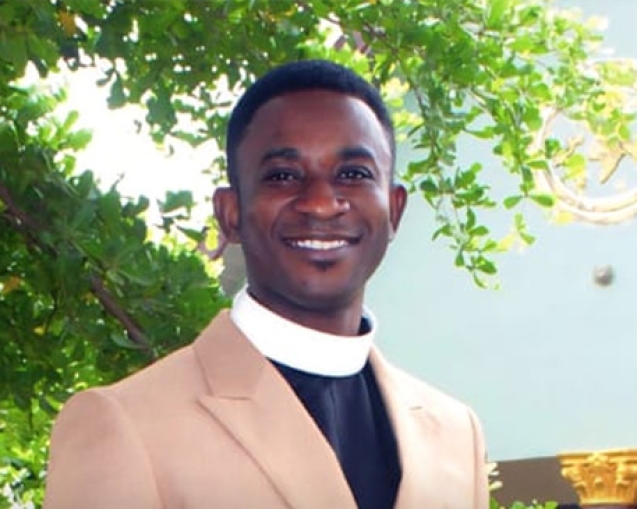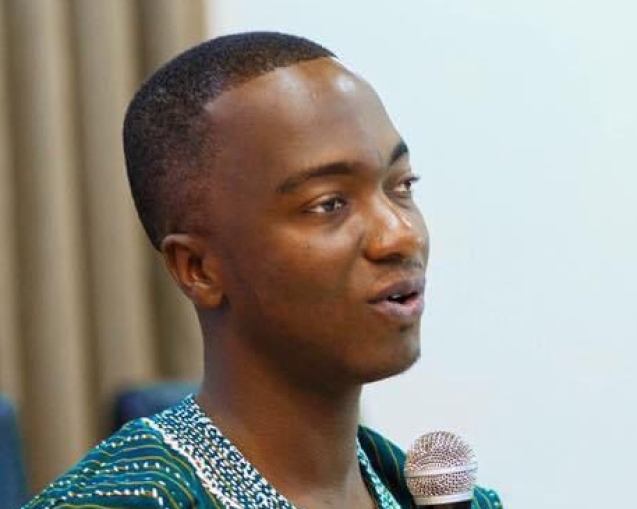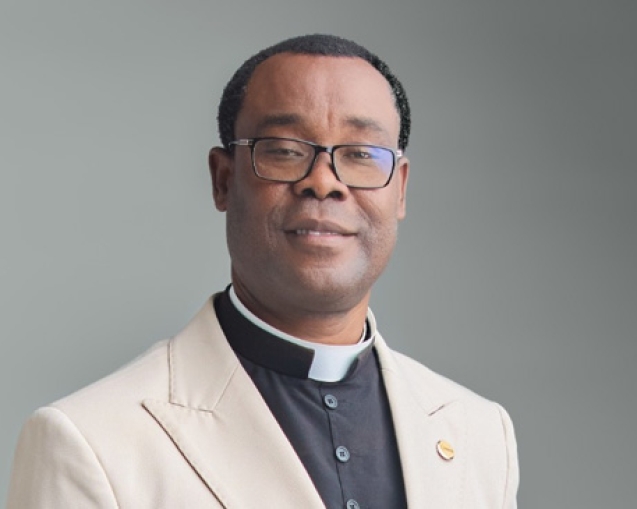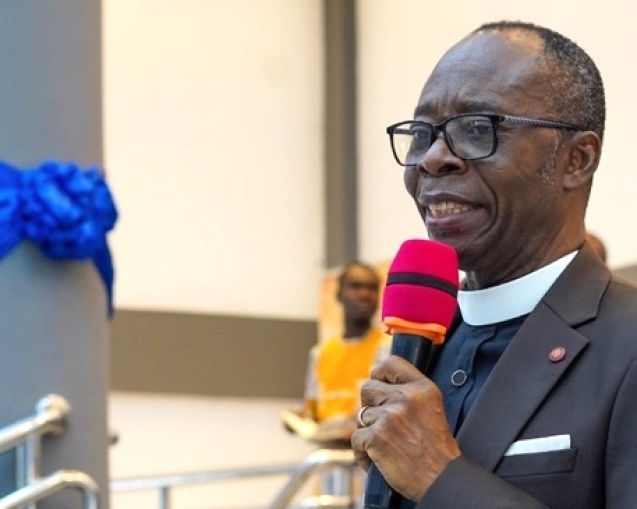President Nana Addo Dankwa Akufo-Addo has authorized Finance Minister, Ken Ofori-Atta to commence formal engagements with the International Monetary Fund (IMF), inviting the Fund to support an economic programme put together by the government of Ghana.
A statement issued by the Ministry of Information said this follows a telephone conversation between the President and the IMF Managing Director, Miss Kristalina Georgieva, conveying Ghana’s decision to engage with the Fund.
“At a meeting on June 30th, 2022, cabinet indicated its support for the decision,” the statement said.
“The engagement with the IMF will seek to provide balance of payment support as part of a broader effort to quicken Ghana’s build back in the face of challenges induced by the Covid-19 pandemic and, recently, the Russia-Ukraine crises”.
Ghana heads back to the IMF just over three years after exiting the programme in December 2018.
Ghanaians in recent months have been feeling the pinch of record inflation and the impact of the Russia-Ukraine war amid cuts in government spending to avoid a full-blown debt crisis.
State of economy
Ghana’s economy grew by 3.3% in quarter one of 2022 compared to the same period in 2021 and inflation surged to a record of 27.6% in May.
This was despite the implementation of a raft of measures targeted at ensuring the achievement of the fiscal deficit target of 7.4% of GDP in 2022.
The country is also grappling with high debt and a depreciating currency, the cedi. A controversial tax on Electronic transactions (E-Levy) approved in April and presented as a solution for the economic challenges has also not generated expected revenues.
Protests
There was a two-day protest in Accra this week over fuel price hikes, inflation and an economic downturn.
The Arise Ghana protestors presented a petition to the Ministry of Finance and Parliament demanding that the government takes “pragmatic steps to alleviate the suffering of the people of Ghana”.
The Arise Ghana group said it wanted the government to cancel the Electronic Transaction Levy (E-levy) immediately and also take steps to reduce inflation and arrest the depreciation of the cedi to help bring relief to the Ghanaian people.
The group also urged the government to take urgent steps to remove levies and taxes which it says have led to skyrocketing fuel prices and high cost of food.
Ghana at IMF
In April 2015, the country turned to the IMF for a $918-million loan to support its ailing currency and help stabilise the economy.
IMF advisors, working with the government, developed a three-part programme to restore debt sustainability, strengthen monetary policy and clean up the banking system.
Ghana exited the IMF programme in December 2018, and during the 2019 budget presentation to Parliament, the Minister of Finance, Ken Ofori-Atta, had assured the country that the government would back the IMF reforms with legal and institutional measures to ensure the irreversibility of the gains made so far.
“We are grateful to the IMF and are determined to maintain a combination of economic discipline and vibrancy that will ensure that we will not have to be rescued in that manner in the future,” he had said.
SOURCE: GRAPHIC.COM.GH


















